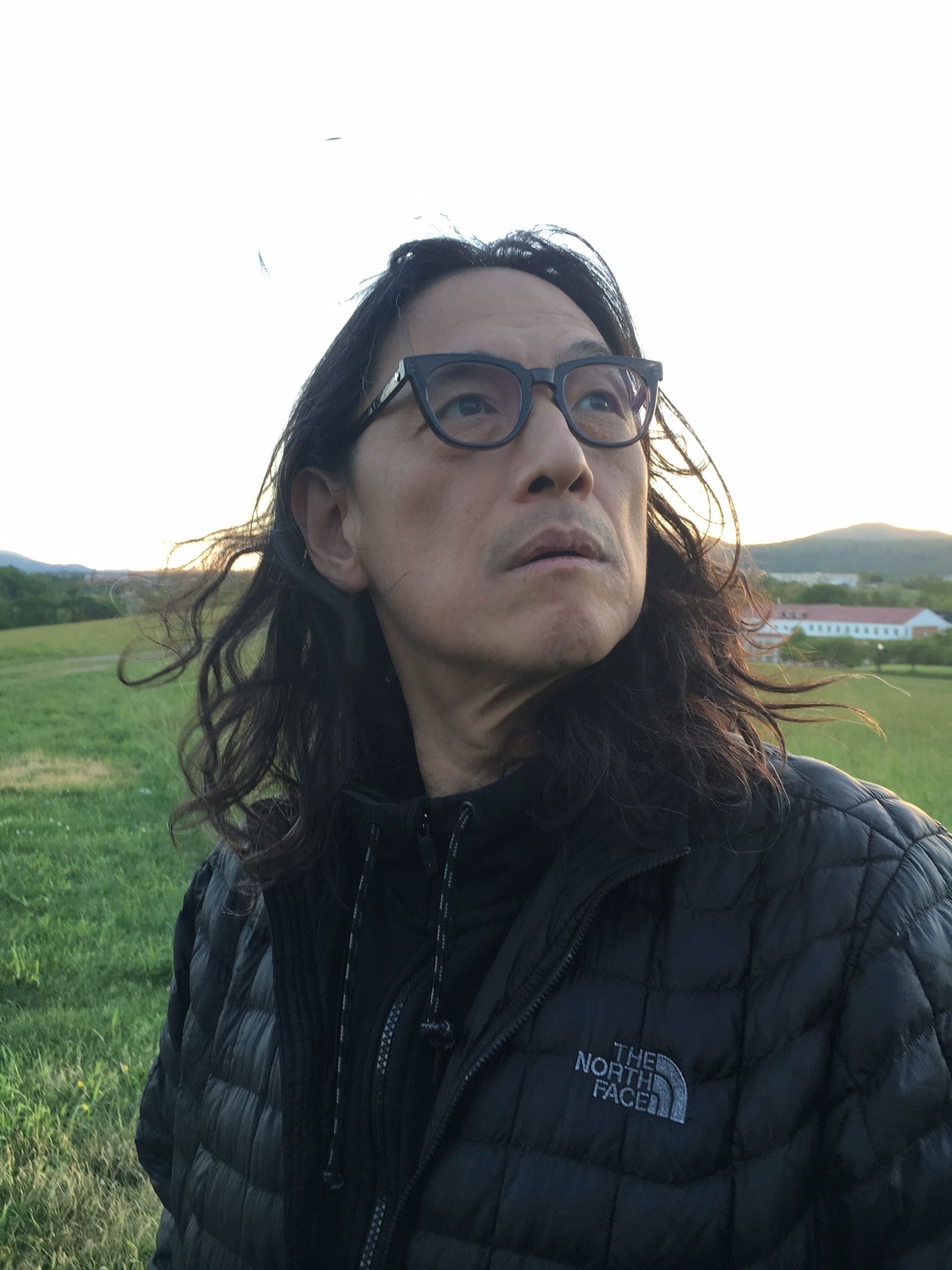Li-Young Lee

Photo by Donna Lee.
Li-Young Lee (he/him) is a poet and the author of The Invention of the Darling (W. W. Norton, 2024); The Undressing (W. W. Norton, 2018); Behind My Eyes (W. W. Norton, 2009); From Blossoms: Selected Poems (Bloodaxe, 2007); Book of My Nights (BOA Editions, 2001), winner of a William Carlos Williams award; The City in Which I Love You (BOA Editions, 1990), winner of a Laughlin Award; and Rose (BOA Editions, 1986), winner of a Delmore Schwartz Memorial Poetry Award from New York University. He also wrote the memoir The Winged Seed: A Remembrance (BOA Editions, 1995), and cotranslated the Dao De Jing of Laozi with Yun Wang (W. W. Norton, 2024).
Lee is the winner of the 2024 Ruth Lilly Poetry Prize. His awards and honors also include a Lannan Literary Award, a Whiting Award, a PEN Oakland/ Josephine Miles Award, an I. B. Lavan Award, three Pushcart Prizes, fellowships from the Guggenheim Foundation and the Academy of American Poets, and grants from the Illinois Arts Council, the Commonwealth of Pennsylvania, the Pennsylvania Council on the Arts, and the National Endowment for the Arts. In 1998, he received the honorary degree of doctor of humane letters from the State University of New York at Brockport.
Lee’s poetry is influenced by the mystical, spiritual, and philosophical, and especially by the classical Chinese poets Li Bai and Du Fu. According to Alex Lemon in the StarTribune, his poems remain “fully engaged in life and memory while building and shaping the self from words.” Lee often uses narrative, personal experience, and memories to investigate the spiritual and universal; he writes on family, memory, and mortality, and his work’s relationship with these concepts has evolved over the course of his career. In a Publishers Weekly review of The City in Which I Love You, Peggy Kaganoff writes that Lee “weaves a remarkable web of memory from the multifarious fibers of his experience” with images “economical yet fluid, and his language is often startling for its brave honesty.”
Lee spoke of the spiritual and of interconnectedness in an interview with Tina Chang for the Academy of American Poets:
If you rigorously dissect it, you realize that everything is a shape of the totality of causes. What’s another name for the totality of causes? The Cosmos. So everything is a shape of Cosmos or God. It feels like something bigger than me—that I can’t possibly fathom but am embedded in.
Lee was born in Djakarta, Indonesia, to Chinese parents, both political exiles from powerful families: Lee’s great grandfather was the first president of the Republic of China, and Lee’s father had been the personal physician to Mao Zedong. While in Indonesia, Lee’s father helped found Gamaliel University.
In the 1950s, anti-Chinese sentiment began rising in Indonesia, and Lee’s father was arrested and held as a political prisoner for a year. After his release in 1959, the Lee family fled through Hong Kong, Macau, and Japan to arrive in the United States in 1964.
Lee and his parents moved from Seattle to Pennsylvania, where his father attended seminary and eventually became a Presbyterian minister in the small community of Vandergrift. Though his father read to him frequently as a child, Lee did not begin to seriously write poems until he was a student at the University of Pittsburgh, where he studied with Gerald Stern.
In his memoir The Winged Seed: A Remembrance, which is noted for both its compelling story and lyric language, Lee traces his family’s path from Indonesia to Pennsylvania. A reviewer for Library Journal described how
Lee interweaves remembrances of incidents from his childhood with dreams, myths, his father’s sermons (dimly remembered), and mundane recollections, such as the seeds in his father’s coat pocket or the coconut oil in his Indonesian nanny’s hair. To the son, the powerful father figure embodied cruelty, Christian kindness, inspiration, deprivation, devotion, and penetrating insight.
Breaking the Alabaster Jar, a collection of interviews with Lee, was published in 2006. The interviews, given throughout the course of Lee’s career, illuminate Lee’s personal aesthetics, personal history, and philosophies.
Lee has said that he considers every poem to be a “descendant of God.” In Poets and Writers, Lee continues,
There are great poems that have flaws. There are failures of perception, failures of understanding, but those flaws become a part of the poem’s integrity, so I still feel that those poems are descendants of God. But if a poem isn’t even good enough to be a poem, I don’t think it’s descended from God: [If] there is no “I” [as in Martin Buber’s I and Thou], there is no God. The ‘Me’ talking about ‘Me’—that’s not enough.
Lee has taught at universities including Northwestern University and the University of Iowa. He lives in Chicago and is an American citizen.


